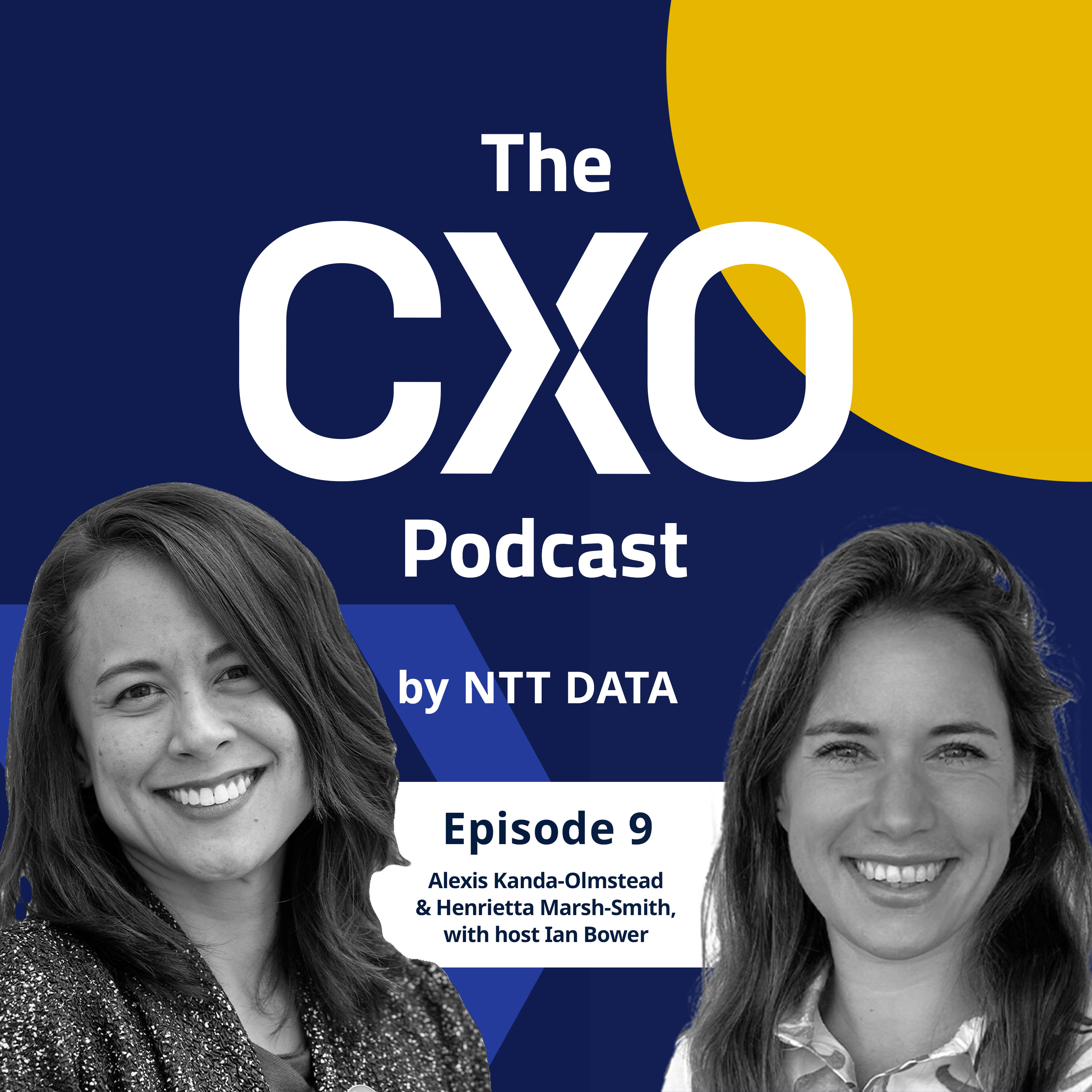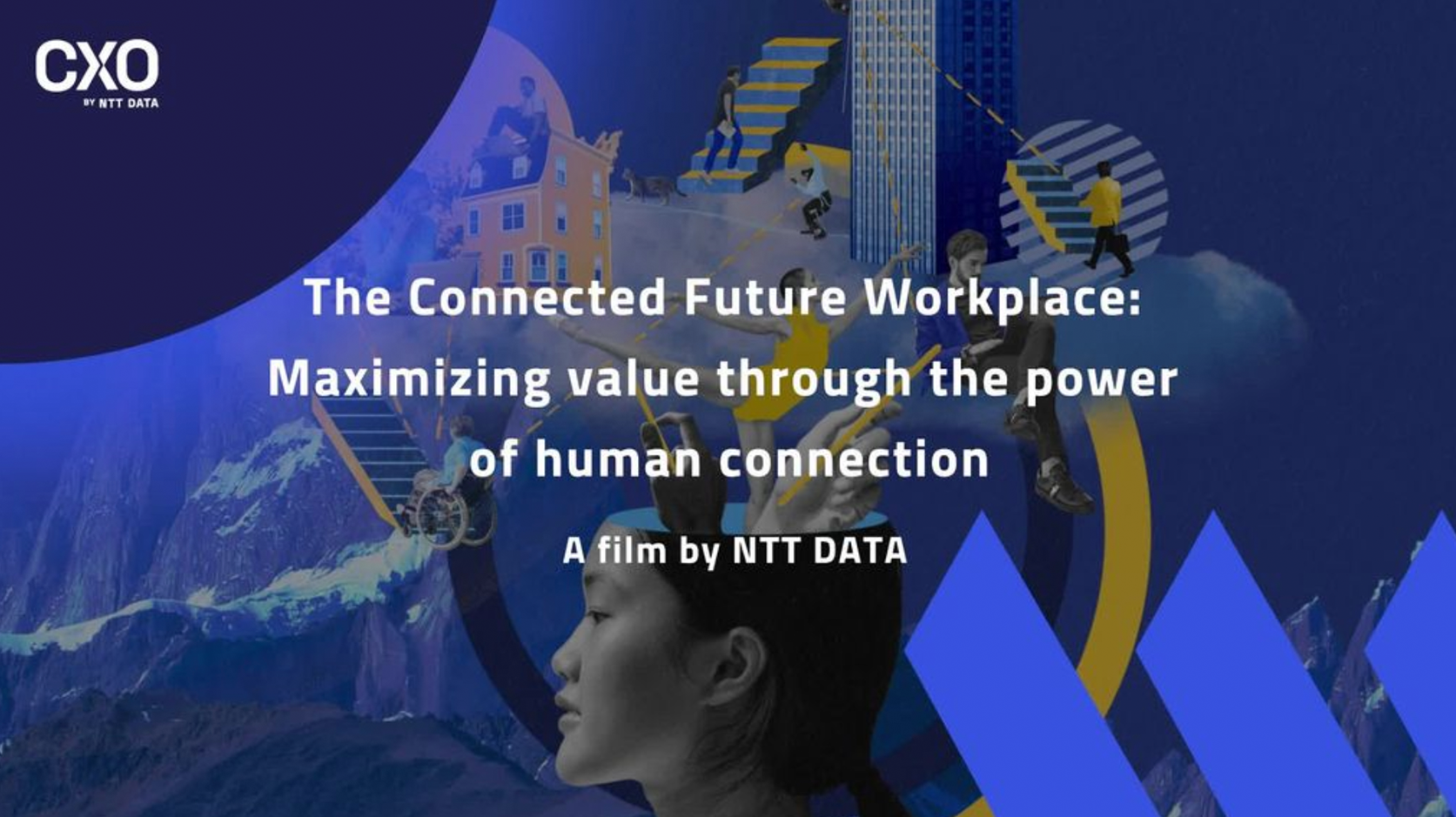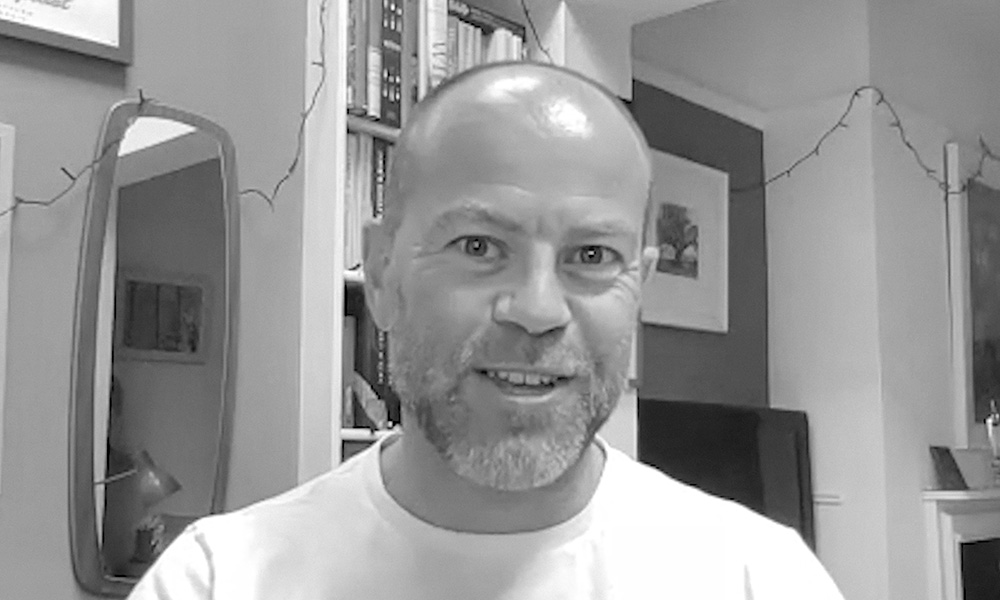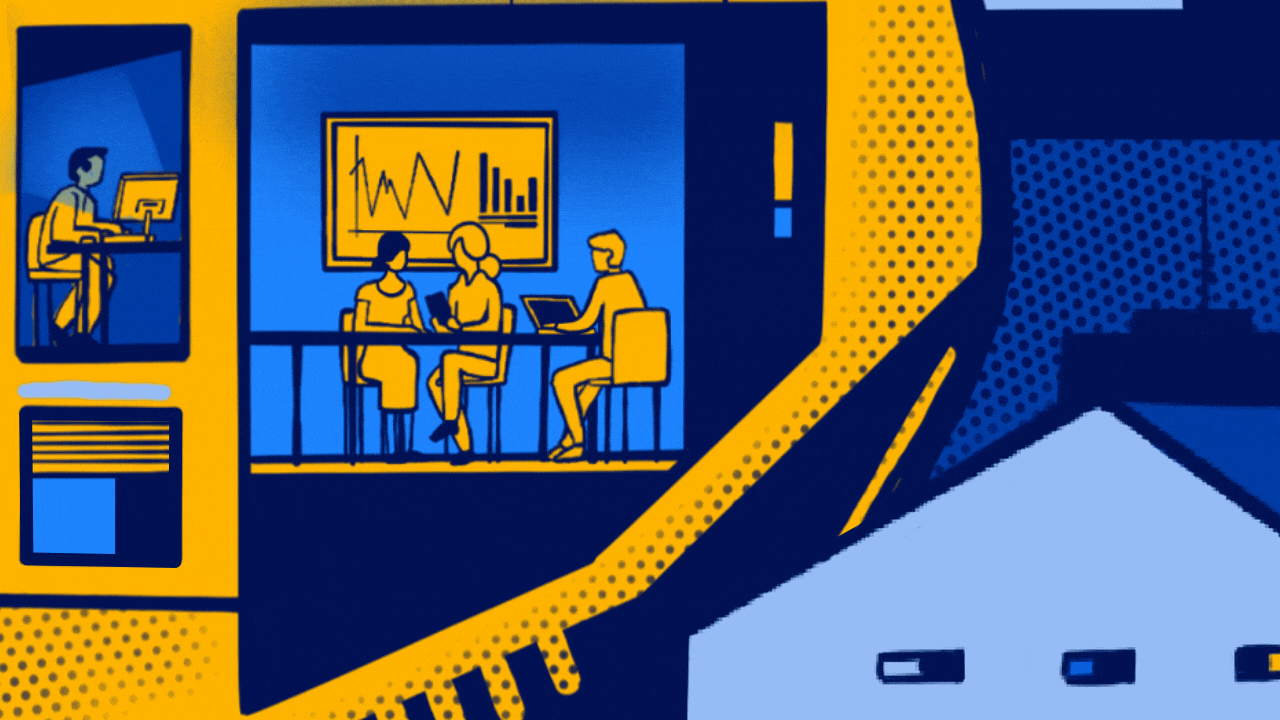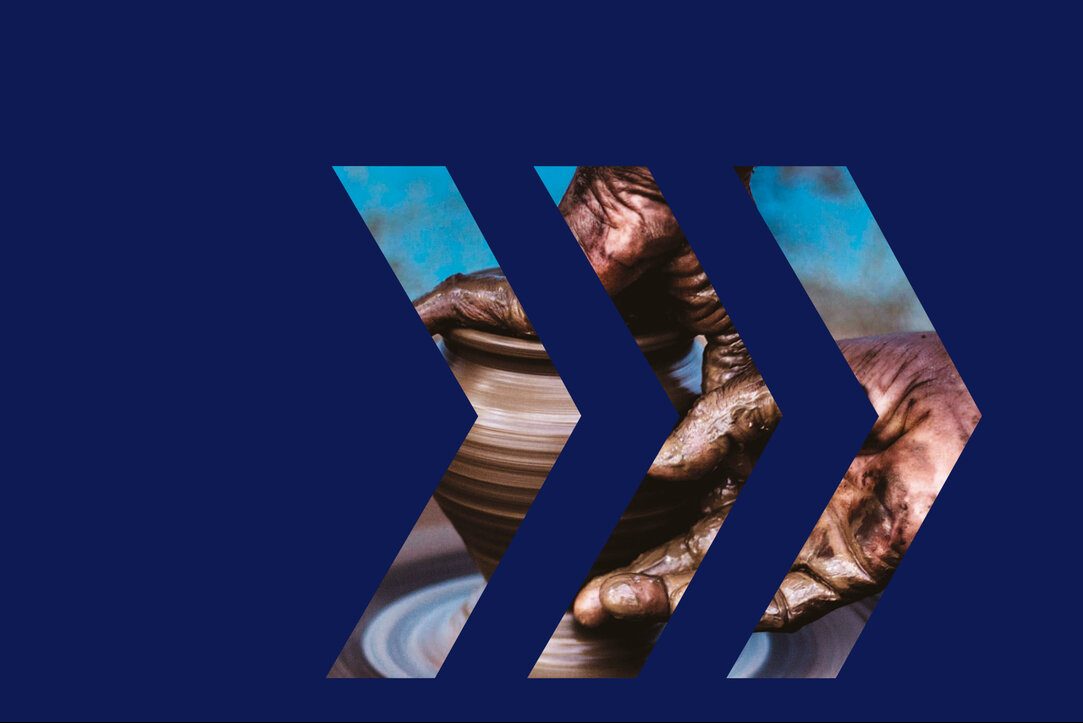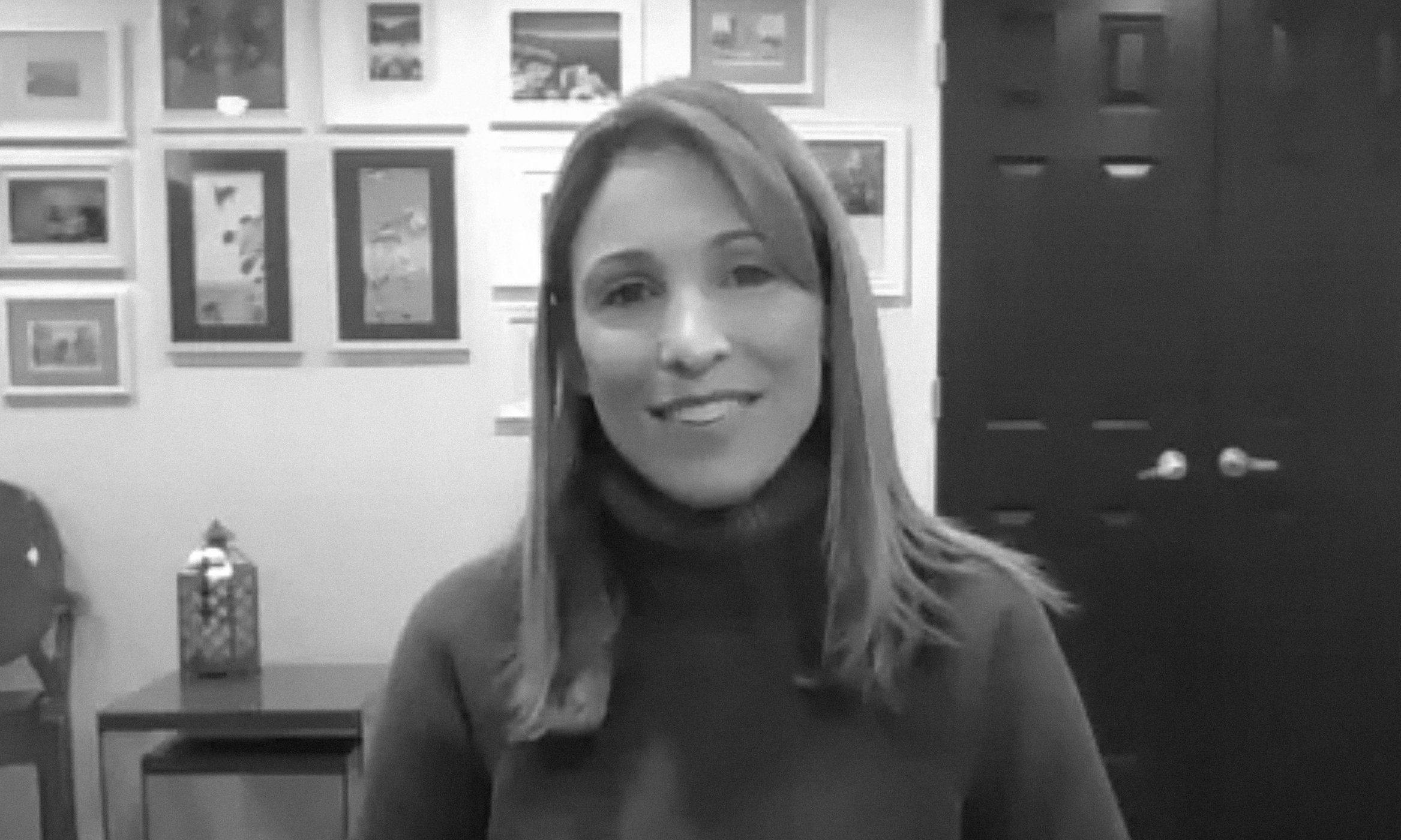36 results
Technology, Talent and the Hidden Benefits of Taking the Road Less Traveled
As the tech industry continues to expand in both scope and reach, creating products that touch every part of our lives, the innovative potential and power of including more ‘outsider’ perspectives within the sector – and bringing in those from different industries and backgrounds entirely – should not be underestimated.
Diversity, equity & inclusionInnovationTalent managementTeam dynamicLet’s Design a Future That Puts Humans First
While science fiction often conjures visions of a future filled with threats that we can imagine, we need to prepare for threats that we have yet begun to dream up. And we’ll do that by focusing on humans – all humans – and the environment, and their combined sustainability.
Diversity, equity & inclusionEmployee wellbeingPost-Covid workplaceSocial impactShow Them Some Respect: Doing Better At Diversity and Inclusion
How have employee relationships and experiences changed over the course of the pandemic? NTT DATA Romania sought to find out, with results showing a wide range of perceptions: some celebrated the new forms of communication and others were dispirited by the decrease in in-office interaction. This leads to a challenging but crucial question: how can we make sure we all feel included in our organizations?
Diversity, equity & inclusionPost-Covid workplaceShaping cultureTeam dynamicWhy Ethical AI Requires a Human Touch
Algorithms may be perceived as being an objective way to instill diversity, equity and inclusion (DEI) in an organization, but AI is by no means exempt from the unconscious biases that human beings exhibit, and we must guard against thinking of AI as a silver bullet. We already know that a more diverse workforce leads to greater innovation, but diversity in the teams designing the AI underpinning future workplace processes will also help to keep it less biased, and ensure organizations achieve their DEI goals.
Artificial intelligenceDiversity, equity & inclusionRecruitmentTeam dynamicUnconscious Bias is Harming Our Teams and Technology: How Can We Tackle It?
Bias in technology is real, and as we design and build increasingly powerful systems, our obligations to those using the technology increase in step. Two experts share what they’ve learned for building diverse and efficient teams and ethical AI frameworks.
Artificial intelligenceBreakthrough technologiesDiversity, equity & inclusionTeam dynamicBuilding Gentelligent Cultures for the Future of Work
Within every organization today, there is an untapped source of advantage, one we all possess but almost no-one is using well: the potential of age diversity. Intergenerational collaborations tap into the different expertise that stems from growing up in different periods of history. To get away from the notion that teams made up of multiple generations will suffer from miscommunication and conflict, leaders must create organizational cultures where generational differences are reframed as a source of strength and opportunity.
Diversity, equity & inclusionL&DShaping cultureTalent managementTeam dynamicInclusion and Diversity Matter, and Here’s Why
Leaders today face a bewildering amount of change and uncertainty. They are expected to guide others, even when they themselves are unsure of the way forward. Yet diversity, which is often perceived as a problem, is actually a free resource to help leaders to de-risk and calibrate their decision-making.
Diversity, equity & inclusionShaping cultureStrategyTeam dynamicBuilding Trust in Artificial Intelligence
Trust is an imperative value in human interaction and behavior. In the business world, this is no different. AI has also become a key tool in unifying the business world with human elements to help automate processes and manage complex data. The pressure is on for organizations to keep up with the times and adopt using AI, but why are some companies hesitant to do so? Can AI be trusted?
Artificial intelligenceAutomationCorporate governanceDiversity, equity & inclusionTrustWhitepaperNurturing Inclusivity and Productivity in a Hybrid World
Businesses must continue to navigate the evolving relationship between employers and employees to ensure a happier and productive workforce. Setting clear expectations and empathizing with individual motivations and priorities encourages transparency, and helps to build a trusting culture in the organization.
Diversity, equity & inclusionEmployee wellbeingHybrid workingTeam dynamicTrustGender Equality – The New Leadership Advantage
In today’s fast-changing markets, where adaptability is key to success, traditional leadership thinking is too rigid to effectively respond to unexpected events. What’s needed instead at a senior level is a vibrant mix of thought and opinions that can deliver creative solutions to unexpected events. This means that organizations with greater gender balance at the highest level are much better equipped to remain competitive.
Diversity, equity & inclusionEXOrganisational designShaping cultureStrategyTalent managementWorking practicesWhy it’s not too late to resolve bias in AI
From picking up on our tendencies toward exclusion to offensively grouping characteristics, AI is learning (and scaling) our worst habits. Luckily, awareness and a desire to take action is growing across many organisations. It’s not too late to resolve this problem. So, what do businesses need to know and do to prevent it?
Artificial intelligenceBreakthrough technologiesDiversity, equity & inclusionSocial impactThe Rise of Collaborative Leadership
The collaborative approach to leading teams is best suited for today’s complex workplace, where newer, less-defined problems need agile solutions. Through collaborative leadership, executives can create an inclusive environment that energises teams, releases creativity, and cultivates a company culture that is both productive and joyful where information is exchanged organically, and everyone takes responsibility for the whole.
Diversity, equity & inclusionEmployee wellbeingShaping cultureTeam dynamicLeading Inclusively in a Covid-19 World
Inclusive leadership is more critical than ever as we continue to navigate through the Covid-19 pandemic. Leaders are working to maintain productivity, collaboration, and innovation during these challenging times. Those who can also address amplified issues around inclusion and belonging in a distributed workforce will be primed for superior organisational performance in the future.
Diversity, equity & inclusionEmployee wellbeingPost-Covid workplaceTrustThe AIDA Project: Using AI to Help Caregivers Communicate with Autistic Children
Innovation in technology has great potential in helping to provide accessible, tailored learning for every child. Through our AIDA project, we created a unique system that could give caregivers and educators the information they need by bringing together elements from design, AI, IoT and VR.
Artificial intelligenceDiversity, equity & inclusionSocial impactVRClosing the Digital Gap: Boosting Diversity in STEM Vocations
The skills gap is only growing, with the number of women holding STEM degrees still uncomfortably low. This is the time for businesses to take responsibility in growing diversity in the workforce of tomorrow through investment into the young people who will shape the business landscape in years to come.
Diversity, equity & inclusionEducationSocial impactTaking Action Now to Prioritise ESG Impact
The future belongs to businesses who are acting now to weave environmental, social and corporate governance criteria into everything they do. With business-societal interactions changing as we emerge from the pandemic, the challenges we face can help rather than hinder progress if we remain committed to reform and innovation.
Diversity, equity & inclusionESGPurposeStrategyHow Renewable Energy Communities Give People the Power Back
The European Green Deal’s ambitious decarbonisation goals are a chimera without the contribution of small and medium energy users. This disruptive change from consumers to prosumers will only happen if we find the way to engage them with technology, digital tools and new energy markets. Energy communities are one of the most promising initiatives to foster this vital change.
Diversity, equity & inclusionEnergy & utilitiesESGSocial impactWhy Small Teams are the Engine for Agile Transformation
In agility, less is definitely more. From communication to productivity to trust, small teams are one of the critical factors in making enterprise agility a reality – and a success – for any business.
Diversity, equity & inclusionInnovationTeam dynamicWhite Paper: Forge New Norms: Ensō Foresight 2020
New norms are emerging. Social movements, such as Black Lives Matter or Fridays for Future, urge companies to position themselves politically; and new legal frameworks and standards such as GDPR push companies to rethink the ways they develop products and services. As the responsibilities of companies grow and change, making sure that ethics, diversity and inclusion, and sustainability are built into every process is essential for both consumer and company.
Artificial intelligenceBreakthrough technologiesDiversity, equity & inclusionESGWhitepaperTrue Innovation through Digital Participation
Study after study shows that a diverse workforce and diverse management teams are more creative, innovative and successful. But diversity is just part of the puzzle. For a company to be truly innovative, the platform for new ideas to emerge must be open and accessible to all.
Diversity, equity & inclusionEXInnovationTeam dynamicEthics in Innovation
Businesses strive to create new technologies, products and services that reshape or even disrupt their markets. Yet businesses also need to understand they must innovate sustainably and ethically. With pressure to innovate quickly - bias, ethics and discrimination can easily be forgotten.
Artificial intelligenceData privacyDiversity, equity & inclusionTrustHow Diversity & Inclusion Drive Innovation
Diverse perspectives help teams to see things in new ways, not only driving the creation of better products but also helping businesses reach a broader customer base and garner success in new markets. But to go from good to great, innovative teams must prioritise inclusion – making your employees feel safe to express their unique perspectives.
Diversity, equity & inclusionInnovationShaping cultureTeam dynamicThe Mobilised Organisation: Building Power through People for a Resilient, Innovative and High Performing Organisation
When discussing employee culture, much focus has been put on agility, or the ability to respond to change. But to remain relevant and competitive, organisations must also consciously lead the change. In this way, there is much leadership teams can learn from social change movements, where authentic purpose, a belief in people power and the removal of barriers to participation mean that grassroots mobilisation can have real impact.
Diversity, equity & inclusionEmployee wellbeingTalent managementTeam dynamicChange Through Diversity
Businesses that lead their market sectors all have one thing in common: they all practice diversity. Diversity is not merely based on gender, but also personality and participation. A diverse workforce equals agility, productivity and innovation. Anna Budde discusses how you could practise diversity in all its forms and transform your organisation into a leading company that understands the human element in success.
Diversity, equity & inclusionShaping cultureStrategyPurpose Begins at Home
The pandemic has forced us to reconsider conventional approaches to management as we are united in a common experience, barriers between the professional and personal are blurred, and ultimately we realise our stakeholders are human. There is now huge potential for positive change in both social and economic spaces, if organisations look for the opportunities for good.
Diversity, equity & inclusionHybrid workingOperational agilityPurpose